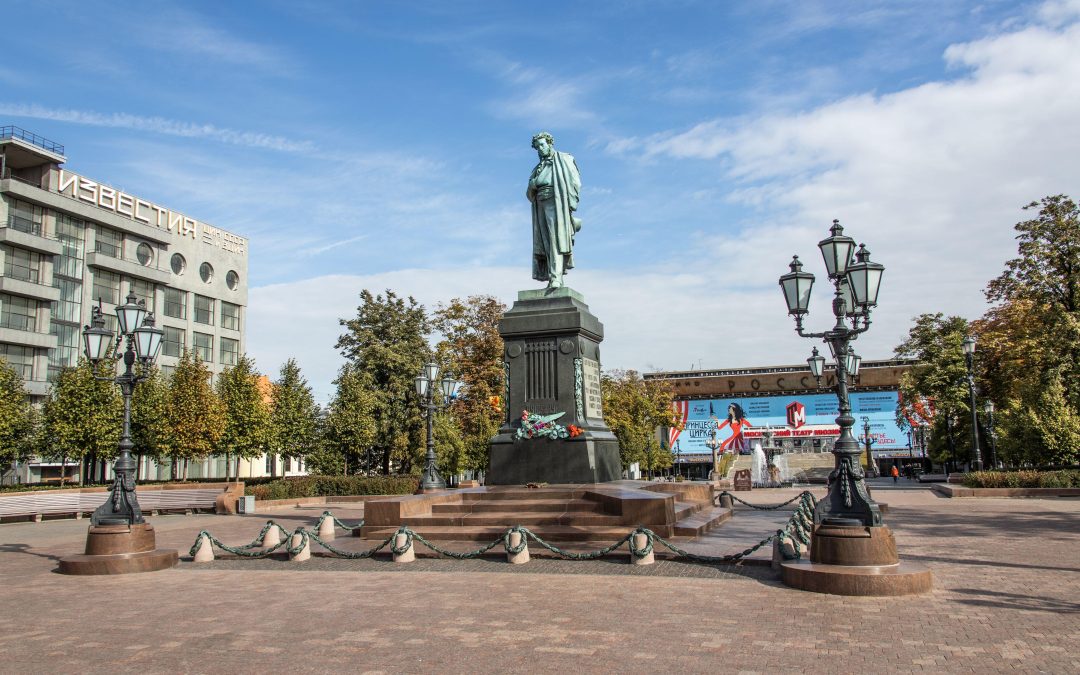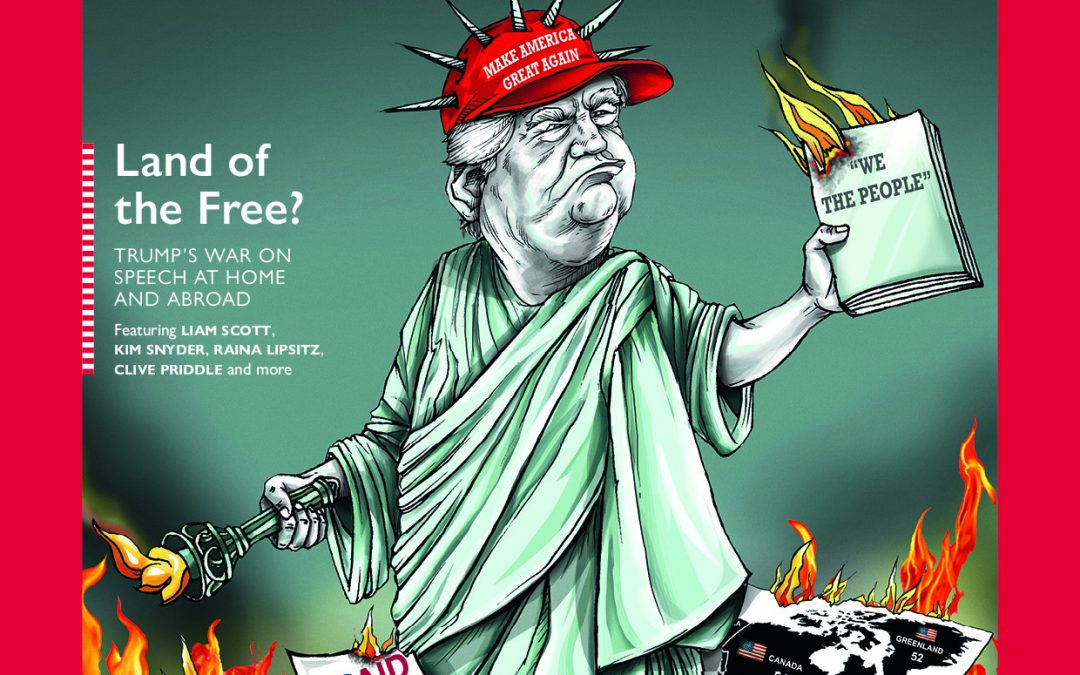There is growing pressure on environmental activists in the UK, the second most likely country in the world for protesters to be arrested


There is growing pressure on environmental activists in the UK, the second most likely country in the world for protesters to be arrested

A new era of authoritarianism has dawned in the “land of liberty”. What can US political activists learn from those who defied Soviet repression?

Volume 54.02 Summer 2025

Contents

Diala Ayesh, a Palestinian human rights lawyer, was imprisoned for a year in an Israeli jail for unknown reasons. Index speaks to her about the dangers she faces from both Israeli and Palestinian authorities

A ban on female healthcare workers is leaving women’s health and maternity services in a dire situation under Taliban rule

A lack of protection for health workers is widening the West African country’s inequality gap

The senior midwife speaks to Index about the culture of silence surrounding maternity care failures in the National Health Service

Inside and outside the country, digital activists are using the power of the internet to expose human rights abuses

Greece has been rocked by accusations of government corruption and a phone-tapping scandal involving opposition politicians and journalists
A quarterly journal set up in 1972, Index on Censorship magazine has published oppressed writers and refused to be silenced across hundreds of issues.
The brainchild of the poet Stephen Spender, and translator Michael Scammell, the magazine’s very first issue included a never-before-published poem, written while serving a sentence in a labour camp, by the Soviet dissident Aleksandr Solzhenitsyn, who went on to win a Nobel prize later that year.
The magazine continued to be a thorn in the side of Soviet censors, but its scope was far wider. From the beginning, Index declared its mission to stand up for free expression as a fundamental human right for people everywhere – it was particularly vocal in its coverage of the oppressive military regimes of southern Europe and Latin America but was also clear that freedom of expression was not only a problem in faraway dictatorships. The winter 1979 issue, for example, reported on a controversy in the United States in which the Public Broadcasting Service had heavily edited a documentary about racism in Britain and then gone to court attempting to prevent screenings of the original version. Learn more.